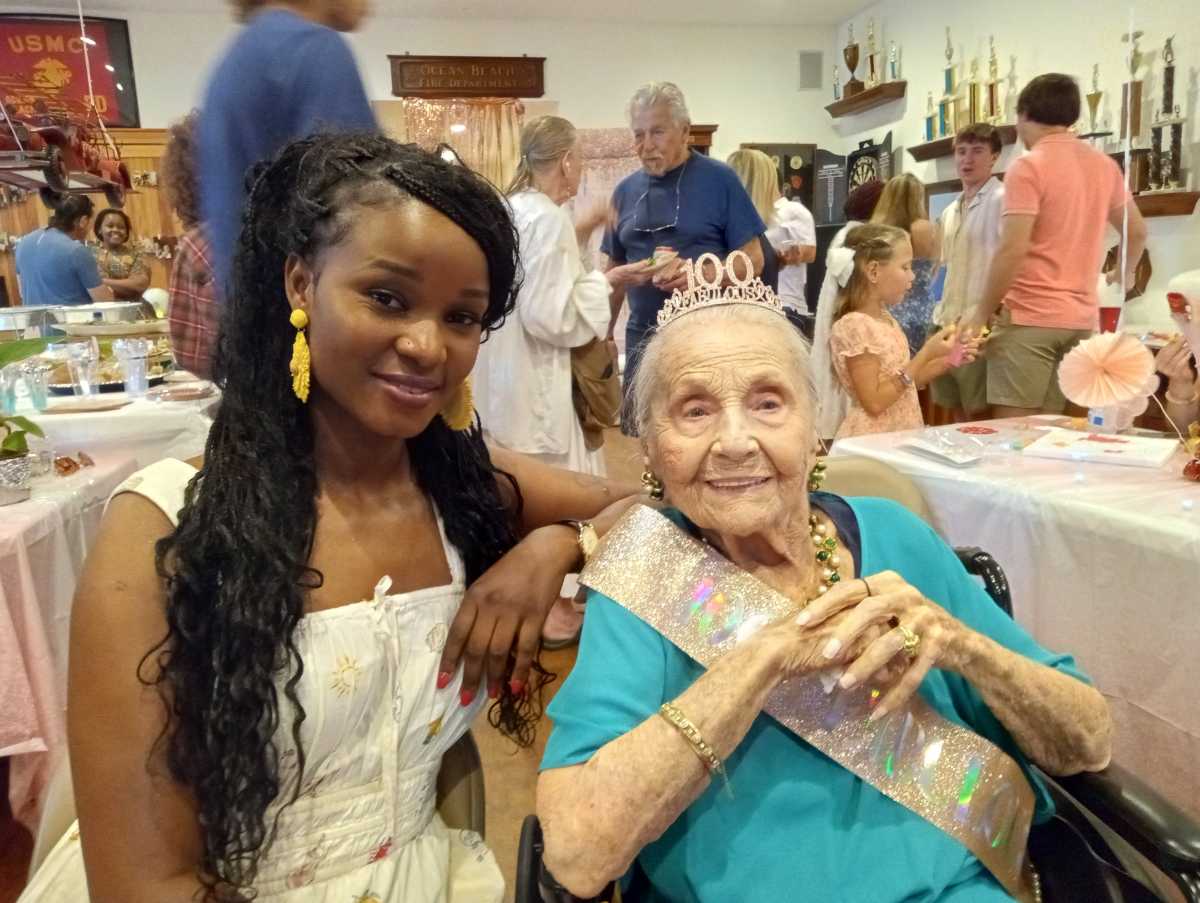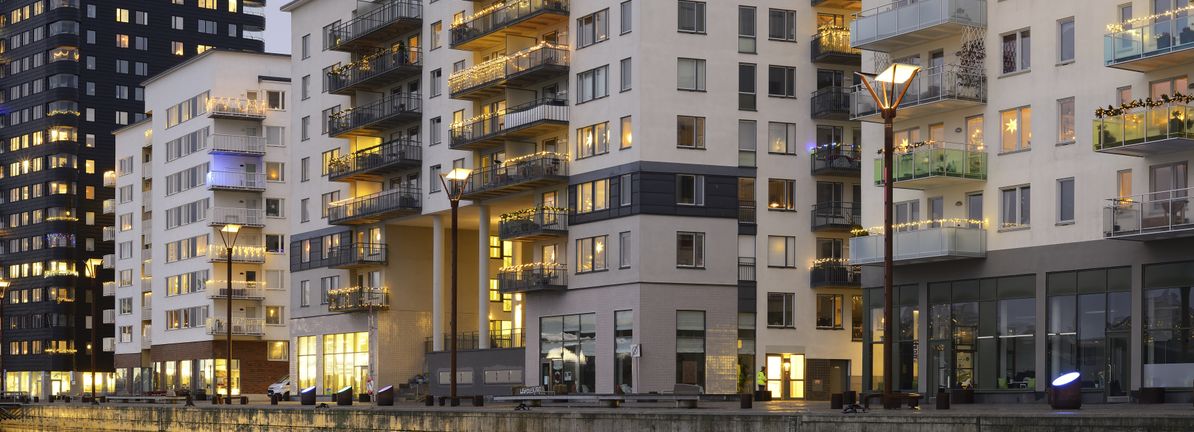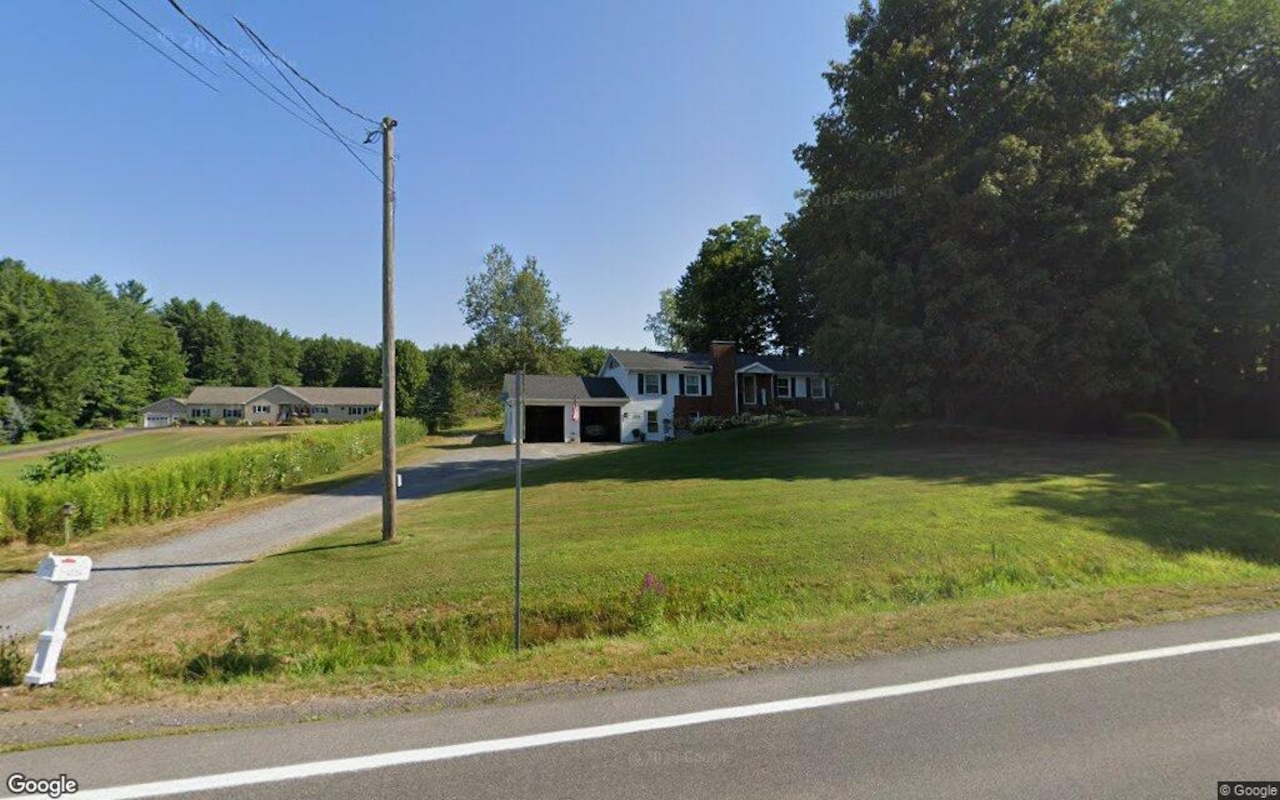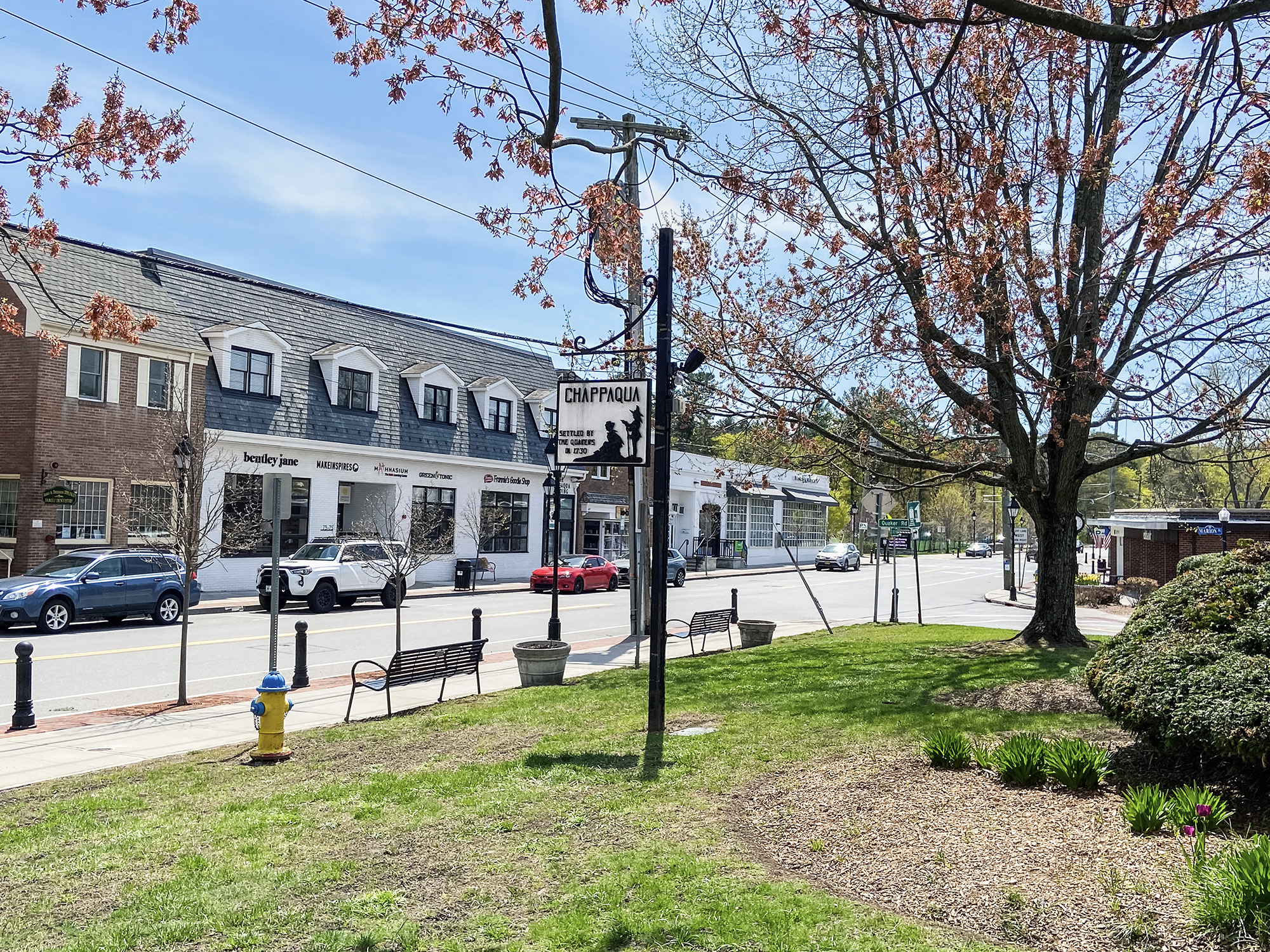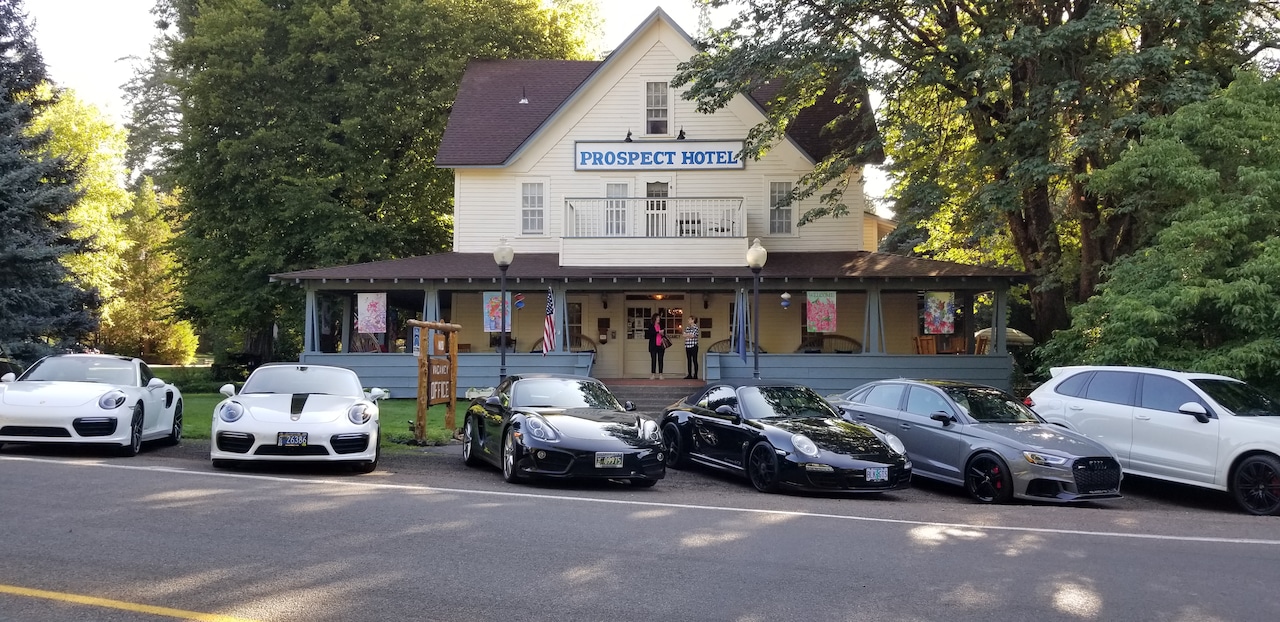E
dith Mendelsohn celebrated her 100th birthday at the Ocean Beach Firehall, surrounded by friends and her companion Mwatuma Nazziwa. The Fire Island News (FIN) interviewed her for the Behind the Dunes feature, a rare chance to hear from a centenarian who shaped the island’s real‑estate scene.
Mendelsohn began her career in 1969, buying her first house for $9,000 while working as a salesperson for Kay Birmingham. She later joined Debbie Alter in Seaview, selling properties along the island—mostly up to Ocean Bay Park and west of Ocean Beach, including the Summer Club and Robbins Rest, with occasional ventures into Fair Harbor. Her work was primarily sales, though she handled rentals when they arose.
She eventually became an investor, owning six or seven homes. The first she bought was a modest $9,000 property; later she sold an oceanfront lot for $20,000, a price that would now be in the millions. She noted that the island’s market has shifted dramatically: million‑dollar sales were unimaginable when she started, but now they are almost a given.
Rental patterns have also changed. In the past, guests stayed the entire summer; today, many visit for only a week. Mendelsohn said this shift was a topic of debate among renters, but she had never considered it a major issue in her early days.
In the 1970s, group living—“groupers”—was common. Mendelsohn lived in the McMorrow house on the ocean with 13 people, including other couples, children, and helpers. The house was eventually lost to the sea after a renovation, and she sold the lot for $20,000. She also partnered in the High Dune Inn, a venture that surprised her because she was also a summer renter.
Mendelsohn built wealth largely on her own, separate from her husband’s more stable income. She recalled that she had no golf carts, so she walked or bicycled to show clients, a physically demanding job that required her to engage strangers and keep conversations going. She described the effort of dragging people who were not used to walking and the exhaustion of maintaining interest.
Despite the changes, Mendelsohn believes Fire Island remains a sound investment. “There’s no place else like it,” she said. She also criticized Robert Moses for missing opportunities that could have benefited the island.
The interview touched on a personal anecdote: a character named Mrs. Mendelsohn in Wolcott Gibbs’ *Season in the Sun* had a son named David, which turned out to be her own son. She noted that the line between celebrities and locals was thin, and that people could walk on the beach without harassment—a reminder of the island’s unique culture.
In closing, Mendelsohn reflected on the island’s evolution and her role in it, emphasizing that the desire for a peaceful escape remains the same, even as the market and visitor habits change.
